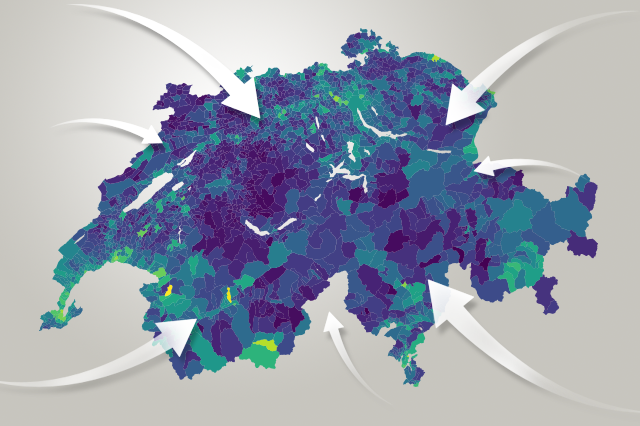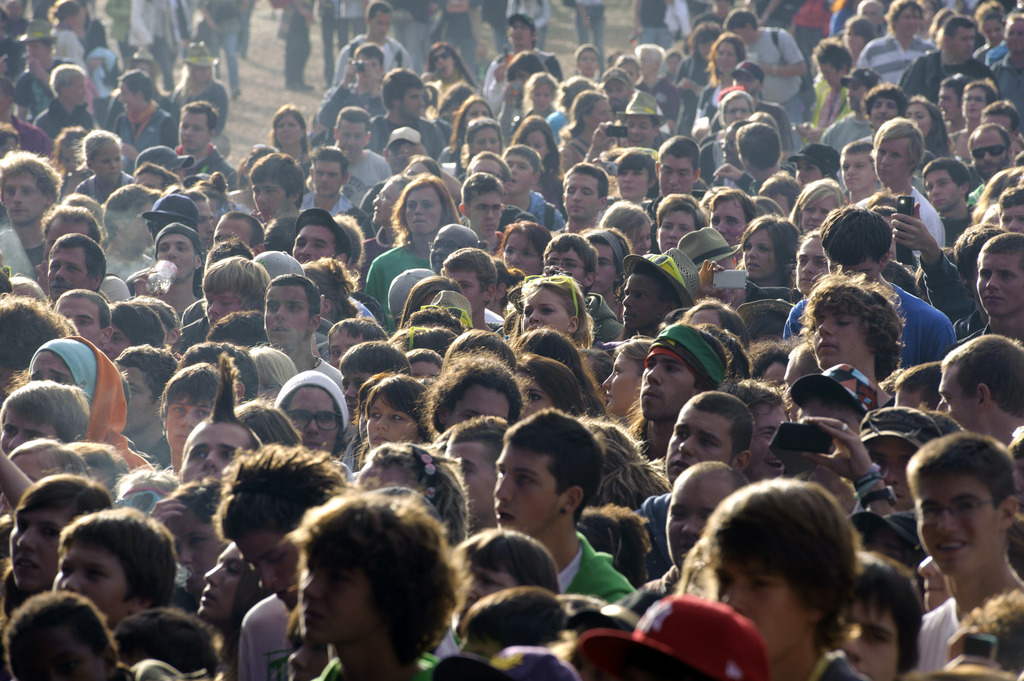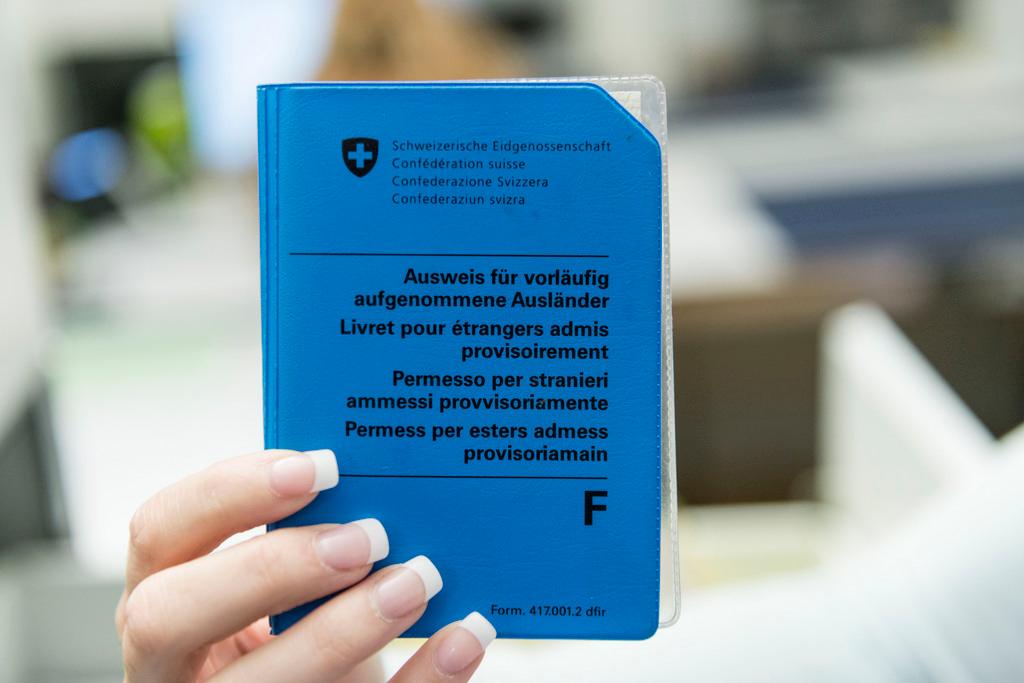Net immigration declines for third straight year

One of every four Swiss residents is a foreigner. The single-biggest identity among those foreigners? Italians? Germans? Portuguese? Think again: It’s "others”.
Swiss officials released the latest immigration figures on Thursday, showing that for the third consecutive year net foreign immigration to Switzerland declined. The lure of good jobs and reunited families – or the difficulty of attaining those – is the main factor behind the trends, officials said.
Last year, net migration was 60,262, or 15% less than in 2015. By the end of 2016, Switzerland had 2,029,527 foreigners, the federal agency State Secretariat for Migration (SEM) said in a statement.
These non-Swiss, often the subject of political debate over whether to tighten controls, accounted for nearly a quarter of the nation’s 8.3 million population.
In 2016, 143,100 foreigners immigrated to Switzerland, a decrease of almost 5% from the previous year, SEM reported. At the same time, the number of emigrants (77,590 persons) increased by 5.6%. As a result, the migration balance in 2016 is lower than in 2015.
Italians (318,653) formed the largest group of foreigners in Switzerland last year, or 15.7%. They were followed by Germans (304,706), with 15%, and then Portuguese (269,521), with 13.3%.
Nevertheless, the single-biggest population was “other” nations (574,882), or 28.3%, which refers to foreigners who hail from some of the other EU nations or elsewhere.
More than two-thirds of the foreigners who have permanent residency in Switzerland come from the 28-member European Union or the three other non-member nations – Iceland, Liechtenstein and Norway – that along with Switzerland form their own regional free trade area.
Nearly one in two people (47%) came to Switzerland to work as of 2015. The second biggest reason for immigration was family reunification (31%).

In compliance with the JTI standards
More: SWI swissinfo.ch certified by the Journalism Trust Initiative



You can find an overview of ongoing debates with our journalists here. Please join us!
If you want to start a conversation about a topic raised in this article or want to report factual errors, email us at english@swissinfo.ch.